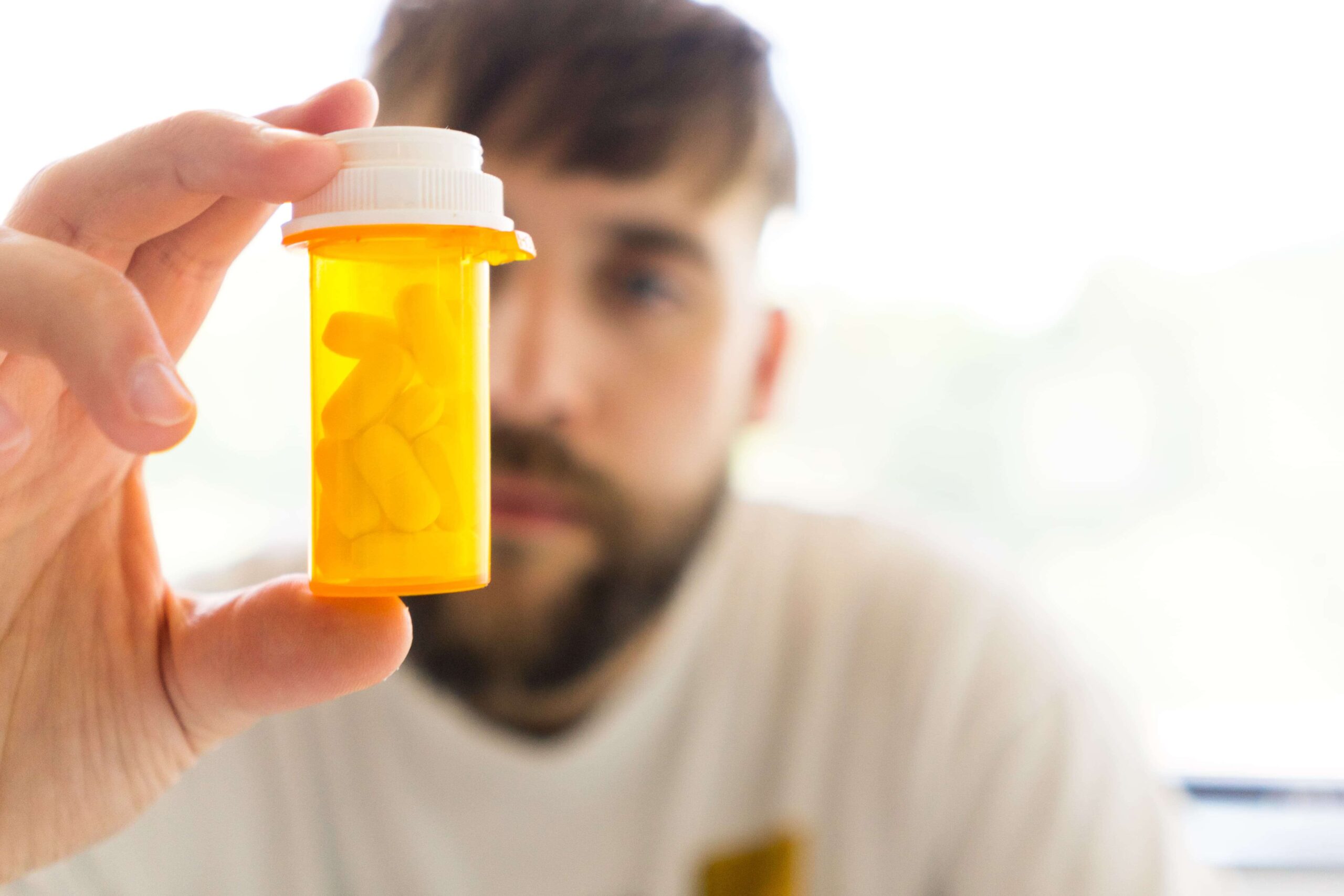In today’s fast-paced world, pain has become an unwelcome companion for many. The quest for relief from chronic pain has led to an unintended consequence – addiction to painkillers. This article delves into the complexities of painkiller addiction, its causes, risks, and strategies for recovery.
What are Painkillers and How Do They Work?
Painkillers, also known as analgesics, are medications designed to alleviate pain. They function by targeting pain receptors in the brain and body, effectively reducing the perception of pain. Common types include opioids, non-steroidal anti-inflammatory drugs (NSAIDs), and acetaminophen.
The Escalating Issue: How Painkiller Addiction Develops
Initially prescribed for pain management, painkillers can become habit-forming due to their ability to induce feelings of euphoria. The risk of addiction increases when the medication is taken in higher doses or for longer periods than recommended.
Understanding the Factors Contributing to Painkiller Addiction
Several factors contribute to the development of painkiller addiction, including:
- genetic predisposition
- personal history of substance abuse and
- mental health disorders like anxiety and depression
Additionally, environmental influences and peer pressure play a significant role.

The Devastating Effects of Painkiller Addiction on Health
Painkiller addiction can have severe health consequences. Physically, it can lead to respiratory issues, organ damage, and an increased risk of overdose. Psychologically, addiction can cause anxiety, mood swings, and cognitive impairment.
At i-Kare Treatment Center, we are dedicated to providing comprehensive addiction treatment services in the state of Florida. Our team of experienced professionals is committed to helping individuals overcome addiction and regain control of their lives.
If you or a loved one is going through a hardship due to substance abuse, call us or Book a Consultation.
Recognizing the Signs and Symptoms
Identifying painkiller addiction involves recognizing signs such as increasing tolerance to the drug, withdrawal symptoms when not taking it, and unsuccessful attempts to quit. Behavioral changes, social withdrawal, and neglecting responsibilities are also red flags.
Impact on Mental Health and Relationships
Painkiller addiction often goes hand in hand with deteriorating mental health and strained relationships. The pursuit of the drug can lead to isolation, mistrust, and broken connections, further exacerbating the individual’s suffering.

Treatment Options for Painkiller Addiction
Overcoming painkiller addiction requires a comprehensive approach. Treatment options include medical detoxification, rehabilitation programs, and behavioral therapies. Tailoring the treatment plan to individual needs is crucial.
Detoxification: The First Step to Recovery
Detoxification involves gradually tapering off painkillers under medical supervision. This helps manage withdrawal symptoms, ensuring a safer transition to sobriety.
Inpatient vs. Outpatient Rehabilitation
Choosing between inpatient and outpatient rehabilitation depends on factors like the severity of addiction and the support system available. Inpatient programs provide immersive care, while outpatient options offer flexibility.
Therapies for Overcoming Addiction: Cognitive-Behavioral Therapy (CBT)
CBT is a widely used therapy for addiction recovery. It helps individuals recognize and change harmful thought patterns and behaviors, equipping them with coping strategies to manage triggers.
Holistic Approaches to Recovery: Yoga and Meditation
Holistic practices like yoga and meditation contribute to recovery by promoting mindfulness and reducing stress. They empower individuals to reconnect with their bodies and minds in a healthier way.
Support Groups: Sharing and Healing Together
Support groups provide a sense of community and understanding. Sharing experiences and challenges with peers who have undergone similar struggles can foster encouragement and resilience.
Relapse Prevention: Building a Resilient Future
Relapse is a common challenge in recovery. Developing a relapse prevention plan with therapists and mentors equips individuals with tools to navigate triggers and setbacks effectively.
The Role of Family and Friends in the Recovery Process
A strong support system, including family and friends, can significantly impact recovery. Open communication, empathy, and involvement in the recovery journey foster a sense of belonging and motivation.
Shaping a Drug-Free Life: Embracing Positivity and Purpose
Recovery from painkiller addiction is not just about abstaining from drugs; it’s about embracing a fulfilling life. Setting goals, pursuing hobbies, and nurturing healthy relationships contribute to a drug-free and purpose-driven future.
Conclusion
Painkiller addiction is a complex issue that requires understanding, empathy, and effective interventions. By recognizing the factors contributing to addiction and seeking appropriate treatment, individuals can embark on a journey towards recovery and rediscover the joy of a life free from the chains of painkiller dependency.
At i-Kare Treatment Center, we are dedicated to providing comprehensive addiction treatment services in the state of Florida. Our team of experienced professionals is committed to helping individuals overcome addiction and regain control of their lives.
If you or a loved one is going through a hardship due to substance abuse, call us or Book a Consultation.


